Syngenta sunflower seeds, what are their advantages, features of crop rotation
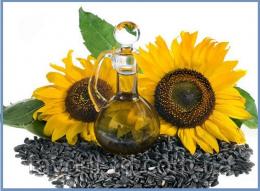
Sunflower is a widespread agricultural crop. Over the years of the development of science, a large number of plant hybrids have appeared, including those from Syngenta. Syngenta sunflower seeds compare favorably with the parent form in a number of indicators, but they also have a number of disadvantages.
Content:
- Sunflower as an agricultural crop, its importance
- Benefits of growing sunflowers
- What are the disadvantages of sunflower as a predecessor in crop rotation?
- Syngenta sunflower seeds, advantages of low-growing early ripening hybrids
Sunflower as an agricultural crop, its importance
Main feature sunflower, as agricultural crops are considered to have increased yields. Thus, at low costs, a significant income is obtained from one field sown with crops.

The most common hybrids include Syngenta seeds.
The main advantages include:
- The seeds contain from 47% oil to 50%;
- Increased drought resistance;
- Does not have clearly defined planting dates;
- Adapts well to new soil;
- Harvest stability;
- Resistance to diseases: head and stem rot, Phoma.
The type of hybrid cultivation is intensive. It is important to remember that different seeds of this plant differ in their growth rate (from slow to increased).
When growing, it is not recommended to thicken the crop.This leads to a delay in the growing season.
Seeds sunflower Syngenta can be purchased either by order in a special store or via the Internet.
In this case, the price will depend on the type, the most popular are:
- Sunflower seeds Syngenta Condi
- Armoni NK seeds
- Cadiz Middle Early
- Kupava Mid-season
- Transol Medium Early
- Estarda Mid-season
- Adagio NK
Sunflower occupies one of the leading roles among agricultural crops. Comparing favorably in terms of productivity, thanks to the work of geneticists, this plant has acquired disease resistance and an increased level of heat resistance.
Benefits of growing sunflowers
The main feature of growing sunflowers is its unpretentiousness. There is no need to buy new expensive equipment. Traditional technologies are quite suitable.
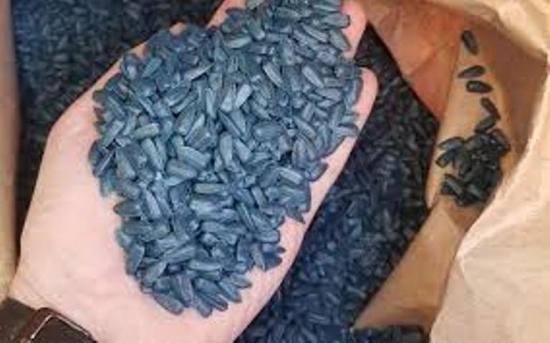
However, it is important to remember some agrotechnical features that need to be taken into account. Thus, the most favorable substrate for growing plants is chernozems or meadow-chernozem soils. A few more important points - slightly alkaline reaction and loamy mechanical composition.
Sunflower has a powerful root and can feed on water that is inaccessible to other plants. At the same time, soil moisture is an important component of high yields. Adequate moisture is especially important during the growing season.
It is thanks to the high drought resistance, sunflowers are ideal for growing in dry regions.
What are the disadvantages of sunflower as a predecessor in crop rotation?
Despite a number of obvious advantages of sunflower, it is important to remember the disadvantages of the crop.First of all, the plant greatly depletes the soil, which significantly reduces the yield of subsequent crops.
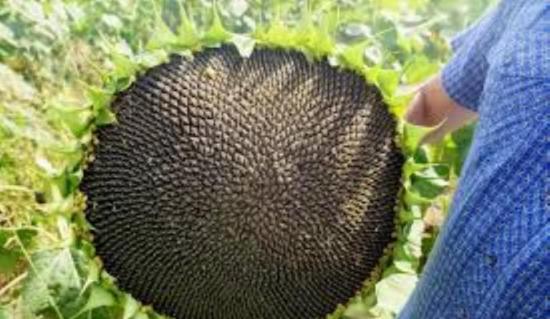
So, for the formation of a ton of seeds and plant stems, at least 40 kg of nitrogen, 15 kg of phosphorus and more than 100 kg of potassium and related microelements.
At the same time, the absorption of useful elements occurs unevenly. Thus, during the first growing season, only 15% of nitrogen and 10% of potassium and phosphorus are absorbed. The consumption of elements is reduced only after the basket is formed.
In compilation crop rotations First of all, it is recommended to pay attention to the fact that sunflower can only be sown in one field at intervals of 7 years. The next year after collecting the seeds, it is recommended to leave them fallow to restore the reserves of useful soil elements.
If you do not adhere to this rule, subsequent harvests of crops sown after sunflower will significantly lose their total weight.
Syngenta sunflower seeds, advantages of low-growing early ripening hybrids
Thanks to the development of selection, low-growing Syngenta sunflower hybrids appeared in the fields. Features a shorter duration growing season, which has a beneficial effect on the condition of the soil. Shortening the growing season reduces the level of soil depletion.
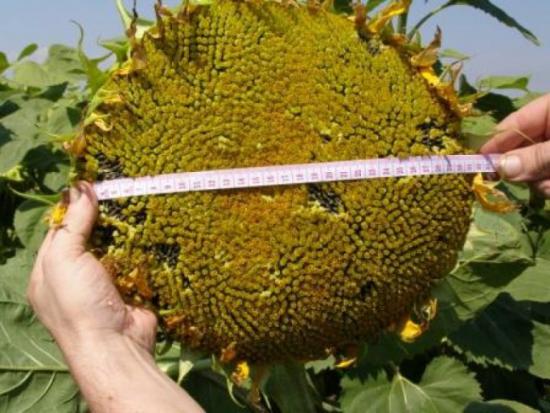
With additional mineral supplementation, there is a significant increase in harvest volumes.
However, despite the milder impact of the crop on the soil, compliance with crop rotation is mandatory. As in the case of tall hybrids, re-seeding a field with sunflowers is allowed only after 7 years.
Compliance with frequency will not only clear the soil of pests and diseases, but will also replenish reserves of moisture and useful elements.
Low-growing and early-ripening hybrids compare favorably in terms of their level of negative impact on the soil. In addition, if all rules of care and crop rotation are followed, it will allow you to get a harvest much earlier than tall varieties, without compromising quality.

Syngenta sunflowers compare favorably in a number of indicators. High productivity, early maturity and drought resistance are distinctive features of both tall and low-growing species.
You can find out even more useful information about Syngenta sunflower seeds by watching this interesting video:

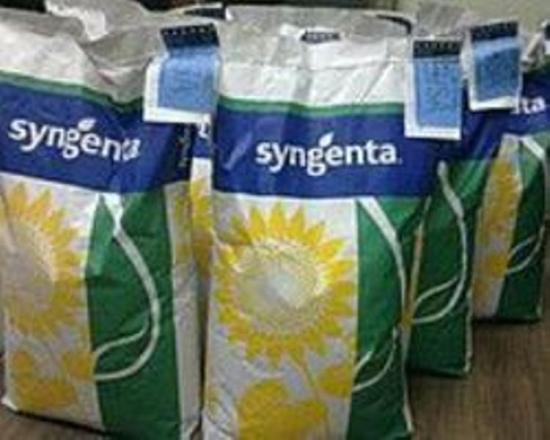

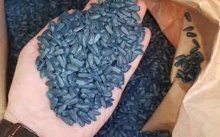

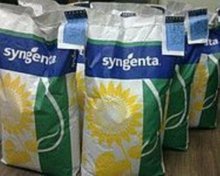

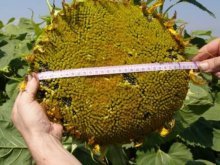




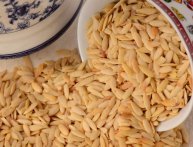
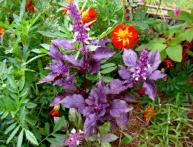

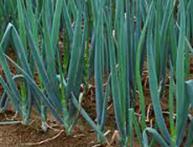
Comments
We plant Syngenta sunflower seeds along the fence and this is very convenient because when the plant grows, it is convenient to tie the sunflower to the fence. And covering it from birds is also convenient.